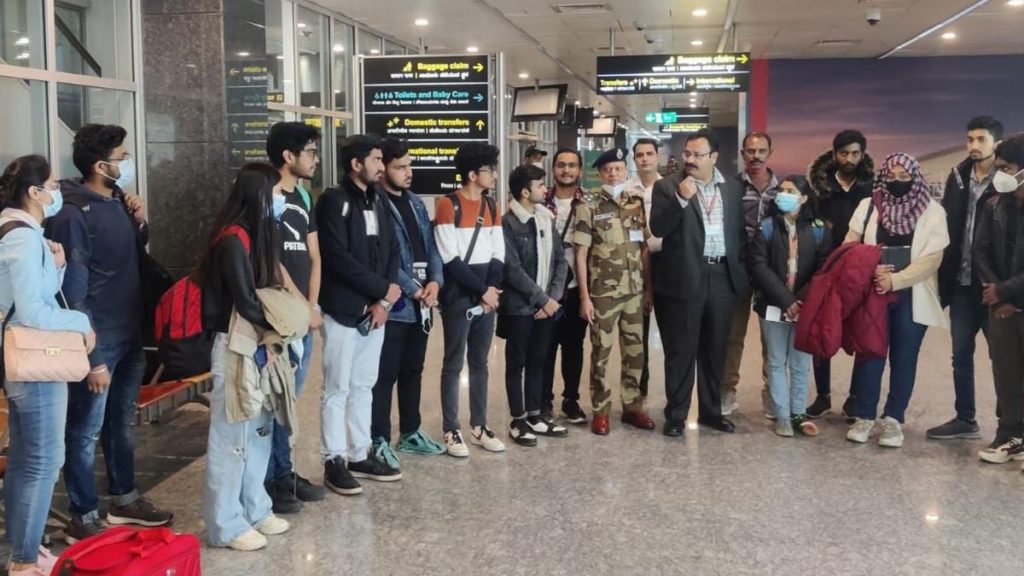Now Reading: HIV Medications Show Potential in Preventing Alzheimer’s Onset
-
01
HIV Medications Show Potential in Preventing Alzheimer’s Onset
HIV Medications Show Potential in Preventing Alzheimer’s Onset

Fast Summary
- Alzheimer’s disease currently affects 7 million people in the U.S., a figure expected to rise to 13 million by 2050.
- Annual care for Alzheimer’s and other dementias is projected to grow from $360 billion to nearly $1 trillion in costs during the same period, per the Alzheimer’s Association.
- Researchers serendipitously discovered that nucleoside reverse transcriptase inhibitors (NRTIs), a class of HIV drugs, showed potential in preventing Alzheimer’s disease onset by impacting related mechanisms.
- Using two databases spanning decades of data, scientists found over 270,000 patients aged 50 and older treated with NRTIs but without prior Alzheimer’s diagnoses.
- Comparing these patients’ outcomes with others using different classes of HIV medication revealed significant risk reduction for developing Alzheimer’s: decreases ranged between 6-13% per year of NRTI use depending on dataset analysis.
- researchers estimate taking NRTIs could possibly prevent approximately one million new cases annually but stress clinical testing is required to confirm efficacy against Alzheimer’s disease onset.
Indian Opinion Analysis
the promising research connecting HIV medications like nucleoside reverse transcriptase inhibitors (NRTIs) to decreased risks of Alzheimer’s presents exciting possibilities globally and for India specifically. While India has not yet faced Alzheimer’s prevalence at the level seen in Western nations-owing largely to different population demographics-rising lifespans and shifting lifestyles indicate an increasing burden from dementia-related illnesses may be unavoidable over time. This study underscores the importance of cross-applicability research into treatments originally designed for other conditions while emphasizing caution until robust clinical trials validate findings.
For India, which must already address considerable healthcare resource challenges across urban-rural divides, such breakthroughs could redefine strategies around preventive care rather than reactive treatment models-a cost-heavy method many struggle sustaining long-term nationally-level beslist.<|endoftext|>
























